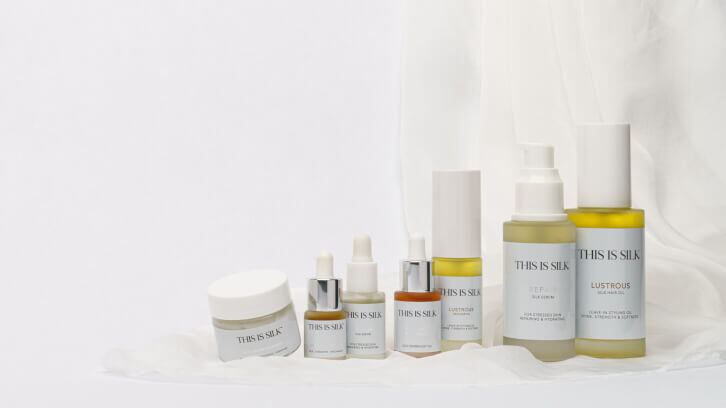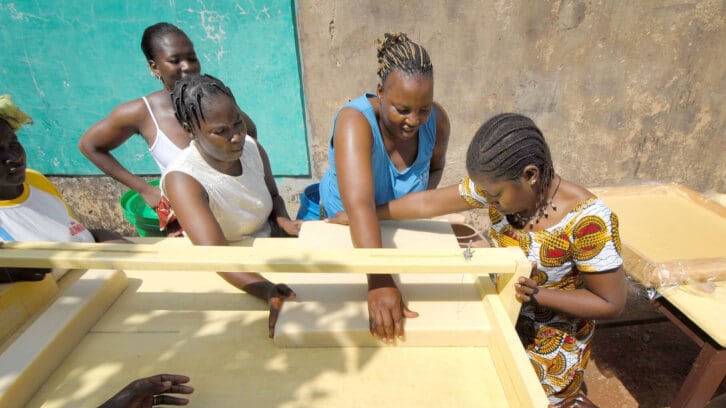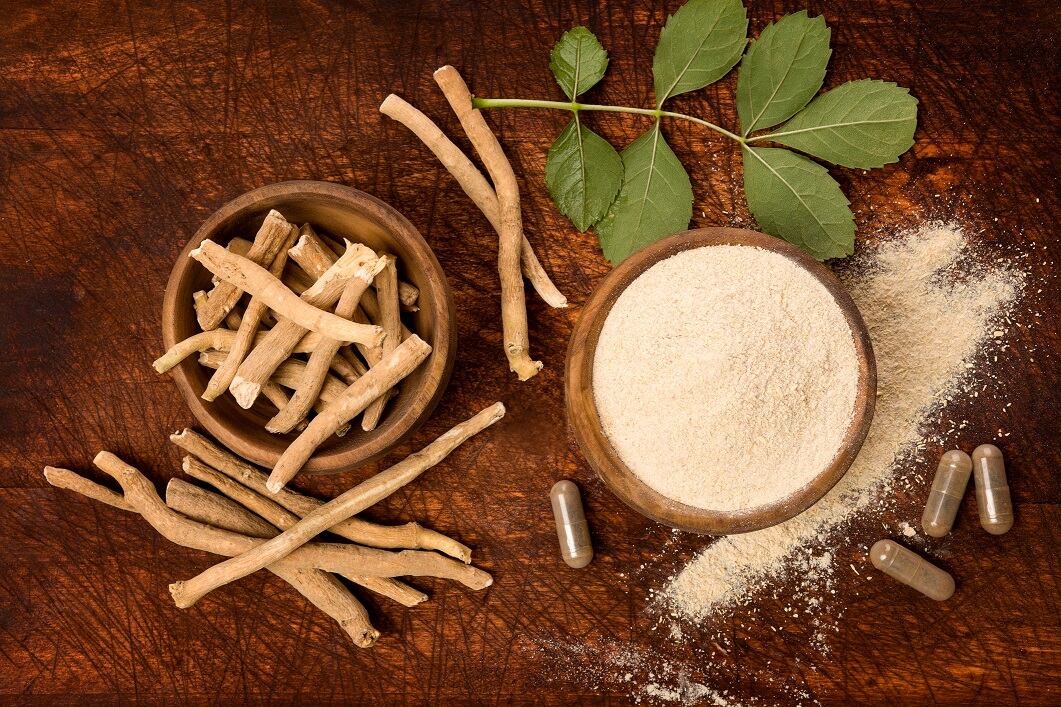Due to the wellness movement, in recent years more beauty and personal care brands have drawn from ancient practices such as Ayurveda. But Australian-born Ayurveda Aromatherapy brand Subtle Energies was an original pioneer.
Founder Farida Irani is an Ayurveda Practitioner, clinical Aromatherapist and teacher qualified in Aromatic Medicine. She's also a Bowen Therapy Instructor, a Remedial Therapist and a Reflexologist.
Irani started her career as an accountant, but quickly realised her passion lay in natural therapies and opened a clinic in Sydney.
“My father was a great believer in natural therapies and he taught me quite a few techniques in massage,” she said. “I realised that this was my calling and I pursued it as soon as I landed in Australia. I firmly believe my father’s spirit has inspired me to do the work he was unable to pursue.”
Rare and exotic oils
In the 1990s on a trip to India, Irani came across distillers who were producing rare and exotic oils, such as Mogra, Tulsai, Saffron and Kewda, and she began to work with them.
“These oils were not just the traditional lavender or geranium oils, they were unique and rare in their chemical compositions, which gave a profound aroma for skin, mind and body,” she shared.
“I was intrigued, and dived deeper into really understanding the chemical compositions, and the therapeutics of the oils by working and playing with them and blending the formulas, and that is how our clinical research that underpins our products was born.”
Irani decided to create products and build a brand in 1993 after she was asked to create special oil blends for luxury Indian hotel group Taj Hotels.
“We realised that through the spa and wellness world we could access more people, but to do that we had to become a brand,” she explained.
“We developed skin care and body care using the oils and research as the active ingredients within the range partnering with natural skincare chemists in Australia, producing skincare at a European standard level.”
Combining Ayurveda with Aromatherapy
The brand concept is based around Ayurveda Aromatherapy: a combination of the Ayurveda philosophy and principles utilised in blending rare and potent essential oils from the Vedic pharmacy, most of which are not known in the western aromatherapy world.
“I realised through my clinic and study that both these sciences were so phenomenal. However, I was able to identify that there were gaps, so I decided to bridge these gaps and combine the best of both disciplines,” explained Irani.
“The ancient time-tested principles, philosophy and techniques of Ayurveda, together with the finesse and expertise of Aromatherapy and its modern techniques is a powerful combination.”
According to Irani, those who practice Ayurveda mainly use herbal oil decoctions, which are very therapeutic, but made via a different process to essential oils and the art of blending in aromatherapy.
Long before the sustainability and clean beauty movements began, the company focused on sourcing the highest grade of oils and actives through sustainable ethical trade, using artisan distillers – a lot of which are wild-harvested and all naturally cultivated, each with its own intent and purpose.
While Irani had the expertise in aromatherapy blends and serums, she didn’t have a huge amount of skincare expertise when she first launched the brand. This knowledge gap was overcome by partnering with chemists who specialised in the European standards of natural skincare. They created a specialised range that placed high emphasis on the integrity of the oils. “These chemists still continue to be part of Subtle Energies and are critical to the fine textures that you experience,” she shared.
The R&D challenges
Creating Subtle Energies wasn’t an easy journey. In the early 1990s and finding the right distiller was difficult and this can still be the most difficult part of the process, as some regions in the world may have an exceptional quality of a plant but may not have a distillation legacy.
“For example, in India they have really mastered the art of steam distillation, but you do also get a lot of masters in duplication (eg nature-identical and adulterated essential oils), so navigating through that is a constant challenge,” shared Irani.
Another issue the brand sometimes faces is finding a source of something rare and then the crop fails to get consistent supply in the next season, so they are unable to source it.
Increased global consumption is also an ever-growing challenge for the brand – not just with oils but with all forms of produce and agriculture. According to Irani, there is either a reduction in the ability to source the material or due to commercialisation practices, the old methods of farming and tending to the crops are dying out.
“This is a key reason also why our cost of raw materials has increased rapidly and that has been exponential in the last decade compared to the previous,” she said. “Therefore, any industry, whether it is aromatherapy or food-based, will have to work in whichever way they to provide support to communities that practise these dying artisan trades.”
A never-ending learning process
As we look towards the future, Irani believes consumers will become more educated in the science of Ayurveda, so manufacturers will look to improve their products. “We are already seeing brands evolving their production and ingredient processes and not just rely on their marketing,” she said.
Irani said that this does also drive up prices and quality bases and preservatives are becoming ever-more expensive. However, she noted that it also allows consumers to get broader access to better quality skincare while also furthering their connection to ancient principals and the philosophy of Ayurveda.
“With the hectic lifestyle most of us lead, the Ayurveda philosophy and way of living can assist to ground and further enhance a healthy balance and flow,” said Irani.
“Those who are caught up in the rat race can learn to use simple tools to slow parts of their life down and still be productive as well as being conscious more so in all that they do. Whether it be by implementing morning rituals, bath rituals or preparing for the day ahead. The Ayurveda way of being is a never-ending learning process and can be taken as far as one wants to make changes and adapt to someone living in today's world.”





